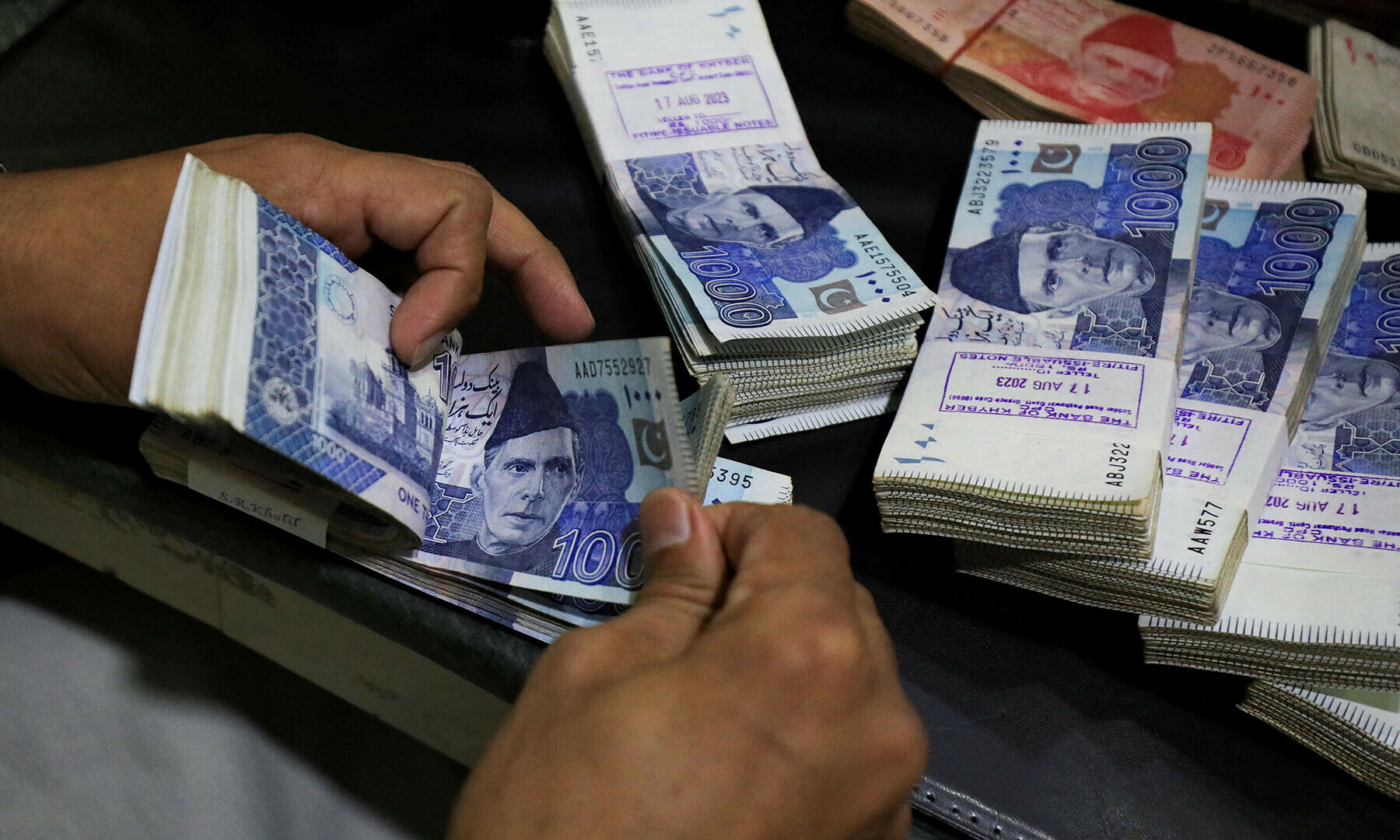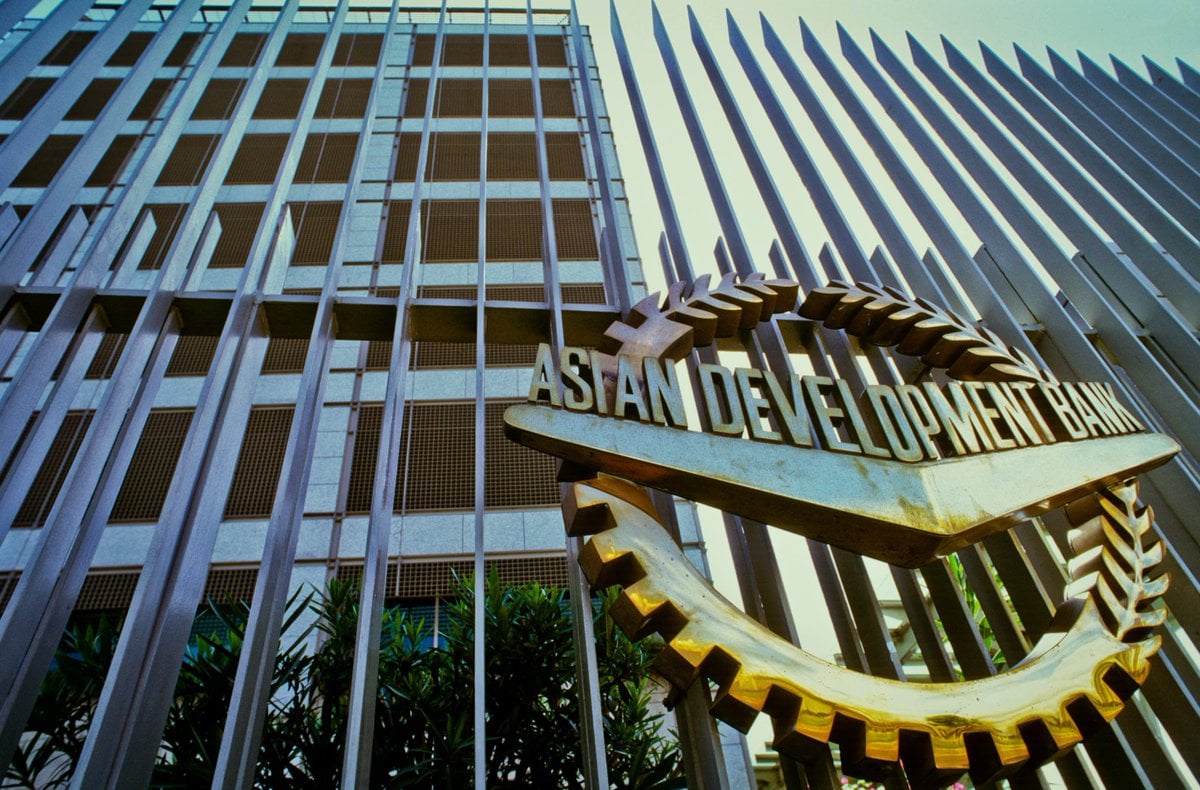Islamabad – The imminent participation of senior ministers from pivotal federal ministries in an upcoming event, reportedly organized and funded by a local non-government organization (NGO) with known ties to the illicit tobacco sector, has intensified existing concerns within policy circles. These decision-makers, entrusted with formulating and enforcing critical policies aimed at curbing tax evasion, are now at risk of their attendance being perceived as tacit approval of organizations that subvert the nation’s economic interests.
One organization under particular scrutiny is the Human Development Foundation (HDF), which has been actively involved in anti-tobacco advocacy. Recently, however, it was revealed that HDF had been benefiting financially from prominent tobacco trading families based in Mardan. According to guidelines set by the World Health Organization’s Framework Convention on Tobacco Control (FCTC), any form of collaboration or financial support from the tobacco industry to anti-tobacco organizations, including NGOs and international non-government organizations (INGOs), is strictly prohibited.
This revelation has reignited concerns over HDF’s connections with major players in the Mardan tobacco industry, including Millat Tobacco Company, Markhor Tobacco Company, and FBU Tobacco Company, all of which have been implicated in tax evasion scandals. Media reports have previously exposed how HDF received funds channeled through family trusts managed by these cigarette manufacturers. The alleged involvement of these manufacturers in illicit activities, including tax evasion, has cast a long shadow over the NGO’s anti-tobacco stance.
With HDF now hosting an upcoming session on tobacco policies, the participation of key government figures, particularly those involved in financial and taxation policies from the Ministry of Finance, the Ministry of Health, and the Federal Board of Revenue (FBR), has prompted alarm. Observers argue that their attendance could send conflicting signals about the government’s stance on illicit trade and regulatory enforcement.
The controversy deepens with the involvement of Dr. Maheen Malik, Director of South Asia Programs for the U.S.-based Campaign for Tobacco-Free Kids, who is presently in Pakistan attending various NGO-organized forums. Media outlets have raised questions about the legality of the Campaign for Tobacco-Free Kids’ operations in the country, pointing out that the INGO is not registered with the Ministry of Interior, a legal prerequisite for all foreign organizations operating in Pakistan. Despite this, the organization continues to fund local NGOs, raising concerns about their compliance with national laws.
After media scrutiny regarding its unregistered status, the Campaign for Tobacco-Free Kids has reportedly altered its approach, with representatives, including Dr. Malik, now participating under different titles such as “Public Health Advocate” and “Global Health Expert” to avoid direct association with the INGO. This strategic maneuver has allowed the organization to continue its lobbying activities through local entities, bypassing official channels.
In response to growing concerns, the government recently formed a committee, led by the federal law minister, to address the issue of unregistered INGOs operating in Pakistan. This step signals an increased focus on ensuring transparency and legal compliance, particularly in sectors as sensitive as public health and tobacco control.
The participation of high-level ministers in this contentious event, however, has raised fresh questions about the government’s commitment to enforcing its policies, as well as the potential conflicts of interest that may arise when NGOs with controversial ties are involved in shaping national agendas. The optics of this event, especially against the backdrop of the government’s ongoing efforts to curb illicit trade and tax evasion, are expected to remain under intense scrutiny in the coming days.




